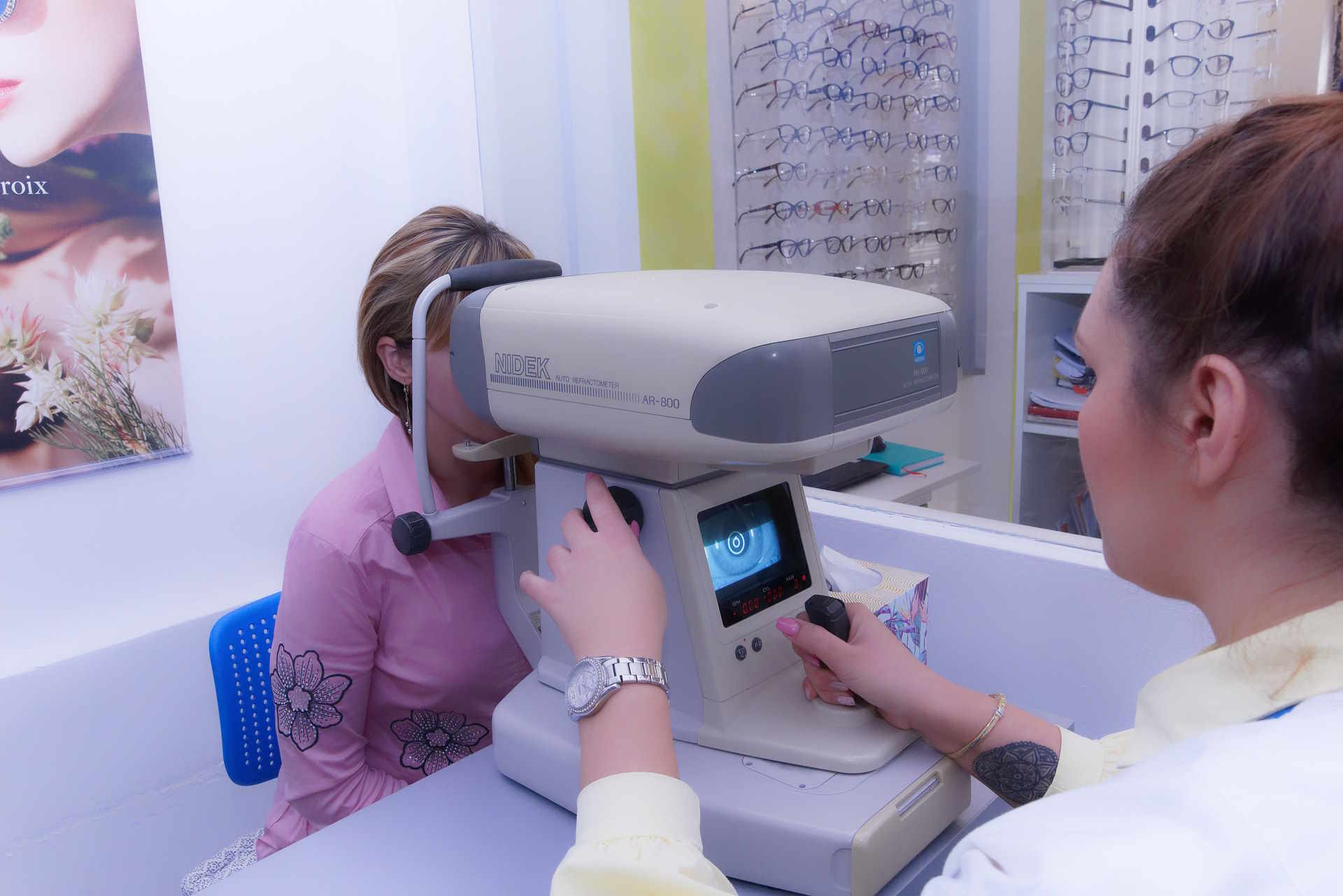Understanding Tinnitus Relief: Options and Remedies That May Help
Tinnitus ringing or buzzing in the ears can be disruptive, but various remedies may help manage the discomfort. From sound therapy to lifestyle adjustments, discover what options are being explored for better ear health and relief from persistent symptoms.

What Are the Common Causes and Types of Tinnitus Symptoms?
Tinnitus can stem from multiple sources, including age-related hearing loss, exposure to loud noise, ear infections, cardiovascular disorders, and certain medications. The condition manifests in two primary forms: subjective tinnitus, where only the patient experiences the sound, and objective tinnitus, which can be heard by a healthcare provider during examination.
Potential underlying causes include:
-
Noise-induced hearing damage
-
Age-related hearing loss
-
Ear bone changes
-
Cardiovascular disorders
-
Neurological conditions
-
Medication side effects
Natural Lifestyle Adjustments That May Ease Ringing
Implementing lifestyle modifications can help manage tinnitus symptoms and potentially reduce their intensity. Stress reduction techniques like meditation, regular exercise, and maintaining a consistent sleep schedule can positively impact tinnitus perception.
Key lifestyle recommendations include:
-
Managing stress through mindfulness practices
-
Limiting exposure to loud noises
-
Maintaining a balanced diet
-
Reducing caffeine and alcohol consumption
-
Practicing regular exercise
-
Getting sufficient sleep
Sound Therapy and How It Can Help Mask Tinnitus
Sound therapy offers a promising approach to managing tinnitus by introducing external sounds that can help mask or distract from internal ringing. White noise machines, hearing aids with sound generators, and specialized tinnitus masking devices can provide relief for many individuals.
Effective sound therapy techniques include:
-
White noise machines
-
Specialized sound generation apps
-
Hearing aids with integrated sound therapy
-
Background music or nature sounds
-
Customized sound therapy programs
Treatment Options and Professional Interventions
Healthcare professionals may recommend various treatment strategies depending on the underlying cause and severity of tinnitus. These can range from hearing aids and sound therapy to cognitive behavioral therapy and medication management.
Potential professional interventions include:
-
Hearing aid fitting
-
Tinnitus retraining therapy
-
Cognitive behavioral therapy
-
Counseling and psychological support
-
Medication to address underlying conditions
Cost Considerations for Tinnitus Management
| Treatment Option | Average Cost Range | Insurance Coverage |
|---|---|---|
| Hearing Aids | $1,500 - $3,500 | Partial coverage possible |
| Sound Therapy Devices | $200 - $1,000 | Limited coverage |
| Professional Consultation | $100 - $300 per session | Varies by provider |
Prices, rates, or cost estimates mentioned in this article are based on the latest available information but may change over time. Independent research is advised before making financial decisions.
Conclusion
Managing tinnitus requires a multifaceted approach tailored to individual experiences and underlying conditions. While complete elimination might not always be possible, various strategies can help reduce symptoms and improve overall quality of life.
Disclaimer: This article is for informational purposes only and should not be considered medical advice. Please consult a qualified healthcare professional for personalized guidance and treatment.




